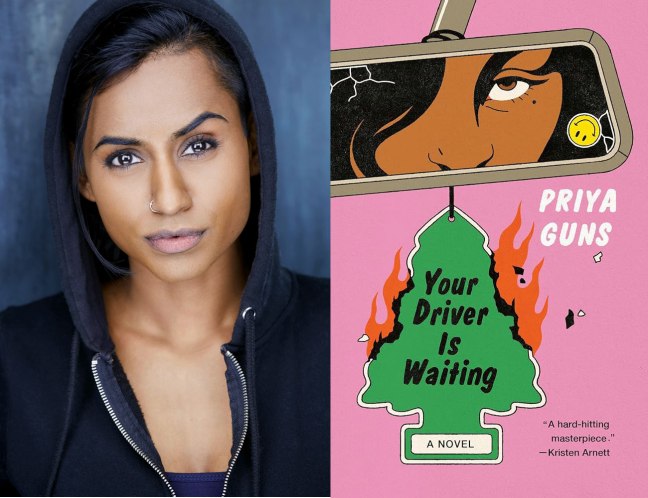We like our heroes larger than life, to the extent that “larger than life” is practically a prerequisite for heroism. Alas, we are, at best, life-size. How then might we describe those who are heroic? In his memoir Life and Death at Cape Disappointment: Becoming a Surfman on the Columbia River Bar, Christopher J. D’Amelio offers an excellent example realistic heroism.
In this book, you meet an everyday sort of fellow, married with children. His chosen career as a member of the US Coast Guard puts him in the path of yes, life and death at Cape Disappointment, a Coast Guard station in Washington state. He meets this harsh landscape, not just as a man, but a married man with children, entranced byi his demanding, dangerous job. What makes a hero? In this book, it’s not (just) man versus nature, it’s man versus life.
This is not to say that Life and Death at Cape Disappointment is a domestic drama; it’s not. If you’re coming here for watery dangers and tales of rescue, you’ll find a lot to like. D’Amelio tells a number of tales, from heartbreaking to sobering to “Are people really that dumb?” He enjoys and is rather addicted to the danger. He’s good at his job, and the writing [with Reid Maruyama] is crisp and clear.
But there’s more than just a series of greatest ocean danger hits here. D’Amelio also has a home life, made difficult by his other marriage to his job. He strikes a balance, not easily. We get the details of domesticity that are emotionally engaging, sans bombast and self-import. The result is an engaging weave of low-key middle-income married life and the hard work of derring-do without the aid of high-tech gadgetry or fantasy superpowers.
Life and Death at Cape Disappointment has a lot of appeal. D’Amelio clearly has an attraction to heroics, but the life he actually lives is very much “life sized,” and that’s enough. D’Amelio’s memoir describes the sort of heroism that is the reward of a life lived every day by those who think of themselves as husbands and fathers, the heroes we actually know.
Chris D’Amelio is every bit as low-key and engaging in person as he is on the page. Here’s a link to download our conversation, or you enjoy your derring-do and your mildly safe lubberhood by listening below in the happiness of your home.






